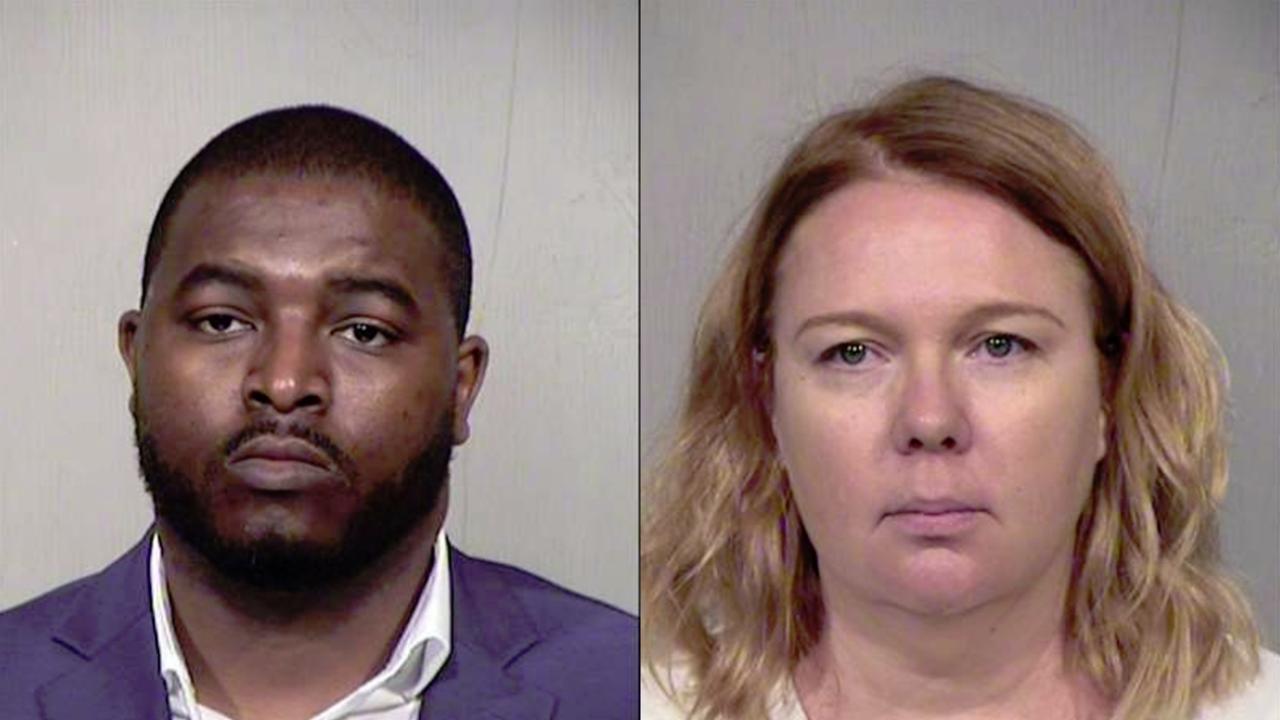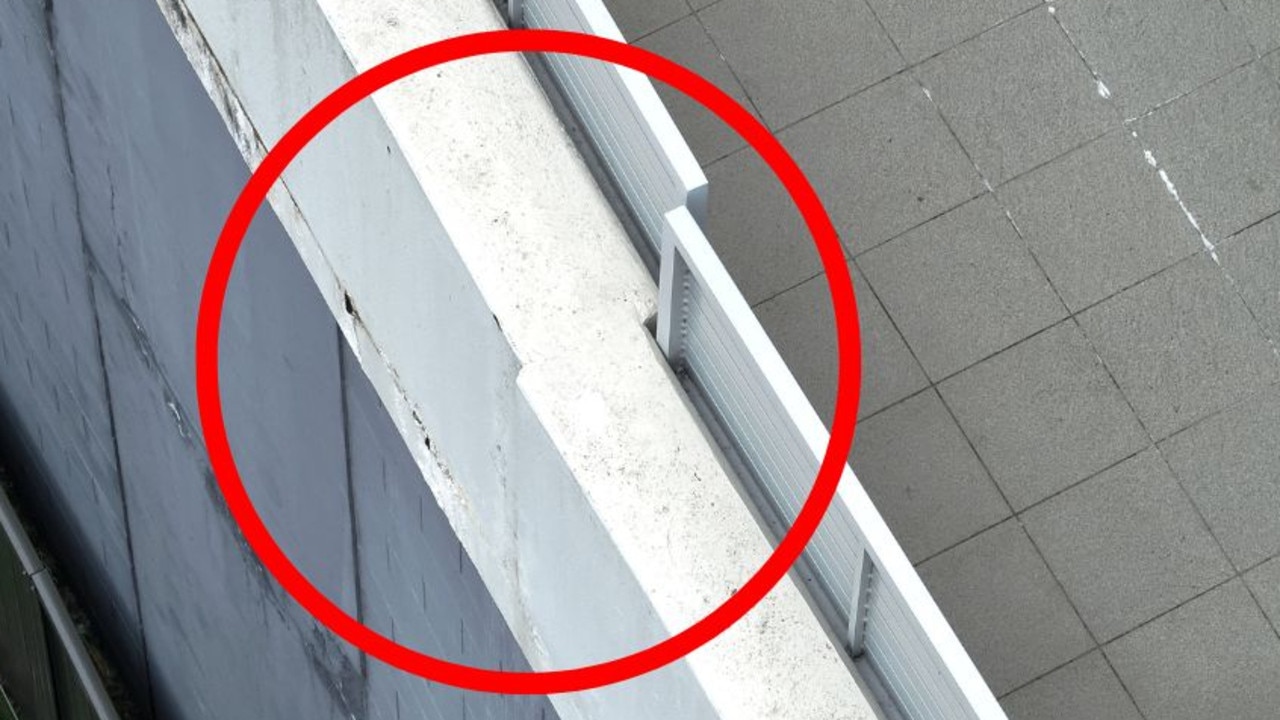‘Just break up the duopoly and give us a truly free travel industry,’ Caleb Bond writes
The government, essentially, runs a cartel to protect the duopoly of Qantas and Virgin – and we are literally paying for it, writes Caleb Bond.
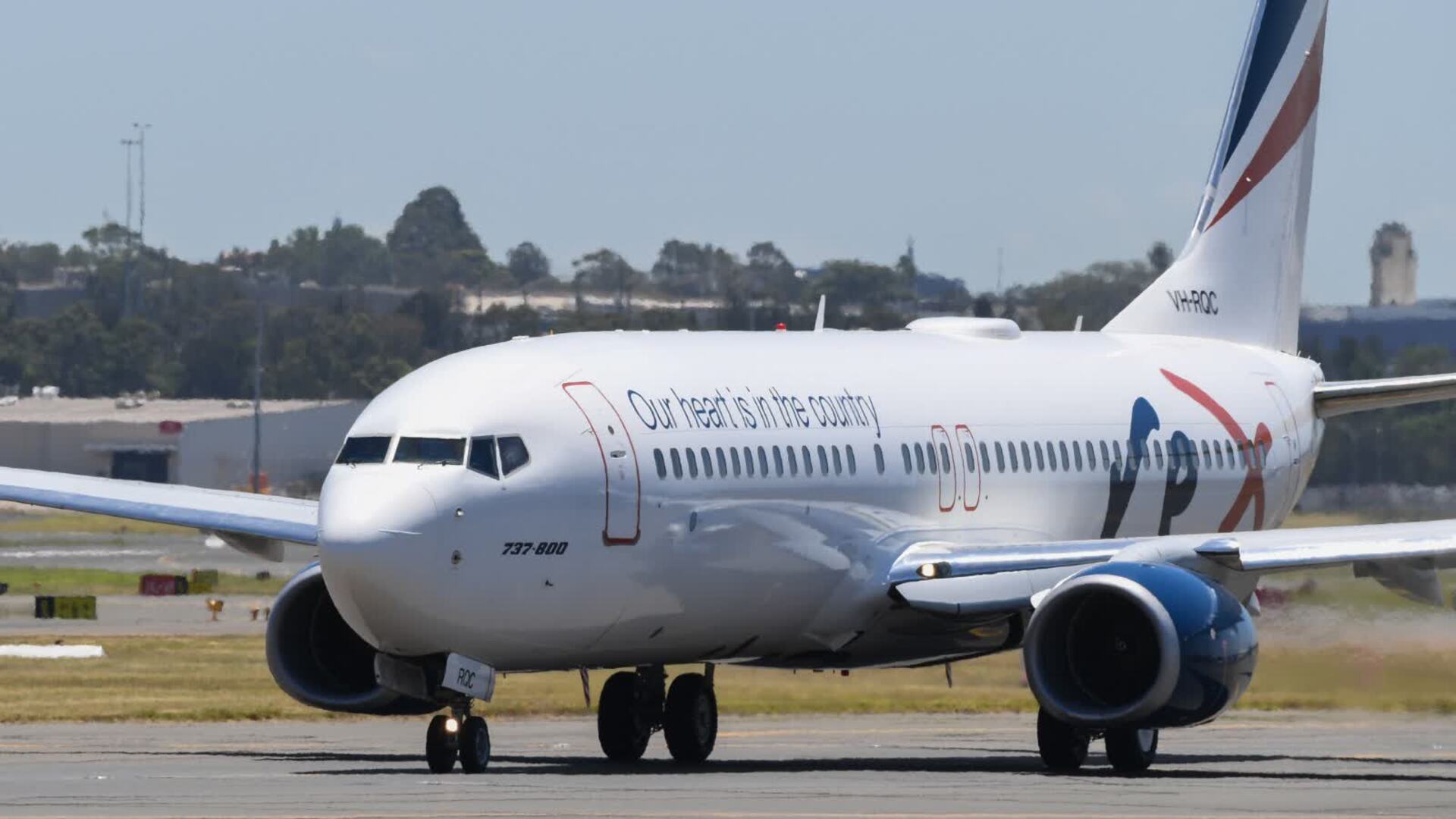
News
Don't miss out on the headlines from News. Followed categories will be added to My News.
For Anthony Albanese, it would seem that everything old is new again.
His proposal to nationalise Rex Airlines sounds strangely familiar.
Labor used to be properly socialist until the great reformers – Bob Hawke and Paul Keating. They led their party – and the country – into a new age of economic prosperity.
Bar the GST being introduced under John Howard, it’s hard to think of any serious economic reform since the Hawke/Keating era.
It was Hawke and Keating, of course, who gradually “deregulated” the airline industry – they first leased domestic air terminals to government-owned TAA and private entity Ansett.
Another Labor prime minister, Ben Chifley, started TAA for domestic travel and nationalised Qantas for international travel in the 1940s, creating nearly 50 years of government dominance of the industry.
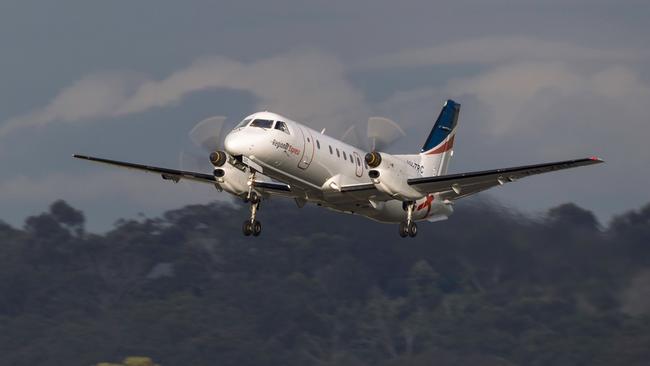
Under the Keating government, TAA and Qantas merged in 1992 – and the whole lot was gradually sold.
The government left the commercial operation of airlines, but its “deregulation” of the industry was anything but.
Which is how we come to a Labor prime minister about 30 years later turning his back on his party’s legacy of privatisation. Rex – a successful regional airline – ostensibly went bust because it tried to break into the capital city market.
We desperately need a genuine third player in the domestic airline industry.
Prices keep going up while service goes through the floor, and the supposed third operator, Jetstar, is just Qantas with a lobotomy.
So, Rex thought it would bring the competition.
As someone who frequently flew with them, I can say they offered a great service – but they quickly discovered just how hard it is to operate in the domestic market.
The government, essentially, runs a cartel to protect the duopoly of Qantas and Virgin – and we are literally paying for it.
The Sydney-Melbourne flight route is a licence to print money. It was the fifth-busiest route in the world last year.
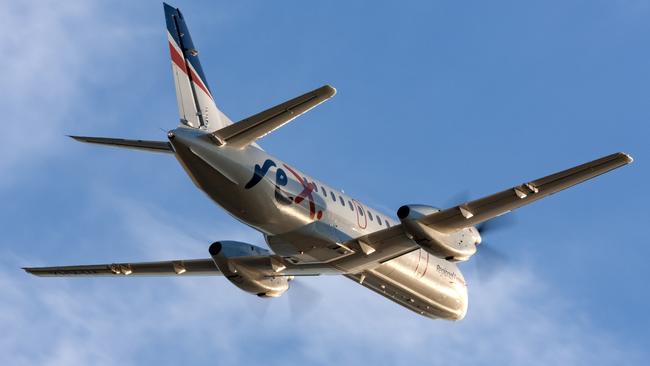
But the provision of gates and flight times – known in the industry as slots – is regulated by the government, and the rules favour existing airlines by allowing them to retain slots they’re using.
So, if two airlines are using nearly all the slots and the rules give them the automatic right to keep them, then how is another player such as Rex meant to enter the market?
They only had two slots between Sydney and Melbourne – one midmorning and one late evening.
So, the government forces you to pay higher airfares. In essence, the concise history of Australia’s modern domestic airline industry goes something like this:
The federal government privatises air travel to make it more competitive.
It then regulates the private market to make it less competitive, thus costing travellers more.
Australia’s third-biggest airline tries to make travel more competitive but goes bust because the government regulates it into oblivion.
The government, having sent that airline bust, decides it needs to buy the business because it’s too important to lose, thus costing taxpayers more.
Confused yet?
The government created this mess.
Just break up the duopoly and give us a truly free travel industry.
More Coverage
Originally published as ‘Just break up the duopoly and give us a truly free travel industry,’ Caleb Bond writes





